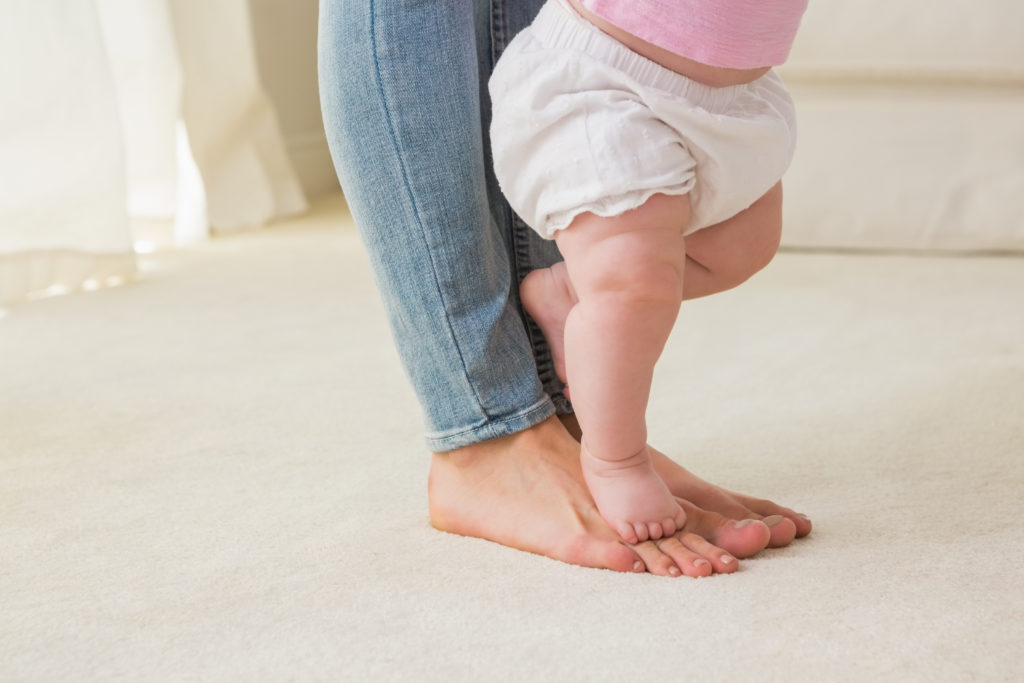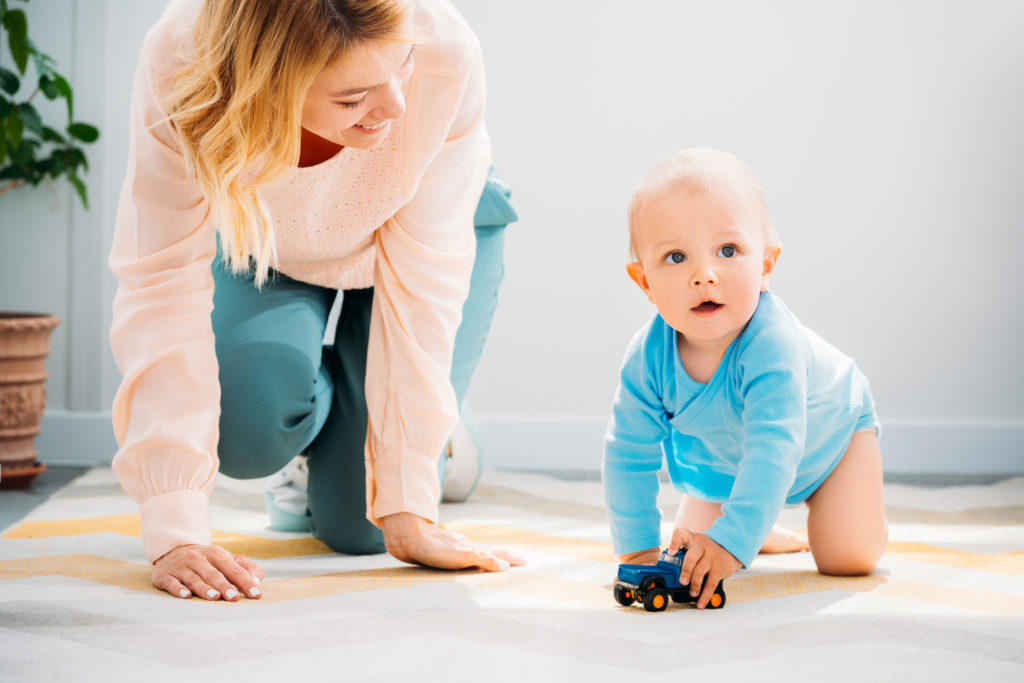Developmental Delay in Children – Parents Guide
What is developmental delay?
Developmental delay is when a child does not meet the developmental milestones expected for their age. Children naturally develop at different rates, and some degree of slower or delayed development is completely normal.
However, when a child continually fails to meet a number of developmental milestones, covering all areas of their development, a diagnosis of global development delay may be made.
Developmental delay is one of the largest concerns many parents have as their child grows. Over 16.7% of children will experience a delay in one or more areas of their development. Most of these children will eventually, with some degree of assistance, meet the necessary milestones.
However, for some children, continued and significant delays in their development may continue throughout childhood.
What are some of the most commonly identified developmental delays in children?
- Language and speech development delays: speech and language delay is one of the most commonly identified developmental delays in children. These delays may include a delay in speaking and using words to communicate.
- Cognitive delays: delayed learning and thinking skills and issues with tackling age-appropriate problem-solving tasks.
- Physical (fine and gross motor) delays: these include a delay in sitting unaided, crawling, and walking. They may also include an inability to use feeding utensils independently or to use blocks to build.
- Social and Emotional delays: delays in expressing appropriate emotions and behavior, as well as issues interacting with peers in an age-appropriate way.
What are the risk factors for developmental delay?
- A premature birth, or a lack of oxygen at birth.
- A genetic condition or syndrome: Angelman syndrome, Pitt-Hopkins, Down syndrome, and Fragile X syndrome all present with developmental delay. In some cases where a developmental delay is suspected and later diagnosed, a child may also be advised to undergo genetic analysis and testing in order to rule out or pinpoint a specific cause of the delay.
- Vision or hearing loss that may affect the development of other skills.
- The misuse of alcohol and or drugs during pregnancy. Developmental delay is a major symptom of Fetal Alcohol syndrome.
- Abuse or neglect in a home or caregiving environment. A lack of stimulation during infancy and childhood can contribute to delayed development.
How do I know if my child has developmental delay?
The below is a guide to when might be a good time to contact a doctor or medical professional regarding your child’s development in the case of suspected developmental delay.
*This chart is for guidance only and does not cover all of the areas of development. If you have any concerns about your child’s development, please contact a medical professional.
Language and Speech Delay:
| Age | When to seek professional advice |
| 3-4 months | If your baby does not respond to loud noises or begin to make babbling noises |
| 12 months | If your baby does not understand simple words, such as ‘bye-bye’, if your baby has not started to say mama, dada |
| 2 years | If your toddler does not use at least 15 words, does not use two-word phrases, if they only parrot what others are saying |
Physical Delay:
| Age | When to seek professional advice |
| 4 months | If your baby is unable to support their own head, if your baby does not reach for objects by themselves |
| 7 months | If your baby has floppy muscles and or head, if they are unable to reach independently for a toy and grasp it, if they are not rolling |
| 2 years | If your toddler is not walking independently |
Social and Emotional Delay:
| Age | When to seek professional advice |
| 7 months | If your baby does not smile in response to a parent or caregiver, shows no interest in a game of peek-a-boo or other amusing activity |
| 12 months | If your baby is unable to respond to the emotional responses of others, through a smile or other emotional reaction; does not respond with non-verbal communication, for example: with a wave |
Cognitive Delay:
| Age | When to seek professional advice |
| 12 months | If your baby is not able to search for hidden objects, does not point to images in response to an external request or according to their own interests |
| 2 years | If your toddler is not able to understand how objects are used for specific purposes, does not initiate communication with words, is not able to follow simple instructions |
What should I do if I suspect my child has developmental delay?
Early intervention is the key to helping children with developmental delay. First, contact your primary medical caregiver in order to express your concerns about any part of your child’s development. They will most likely recommend further screening or developmental testing in order to understand the exact nature and extent of any developmental delay in your child. In some cases this might include referral to a pediatric genetics counselor, or expert, in order to explore all possible causes of the delay.
A conversation with a professional or genetic counselor will allow you to gain more information regarding hindrances in a child’s development along with details pertaining to certain rare diseases. These include Smith-Lemli-Opitz syndrome and others.







